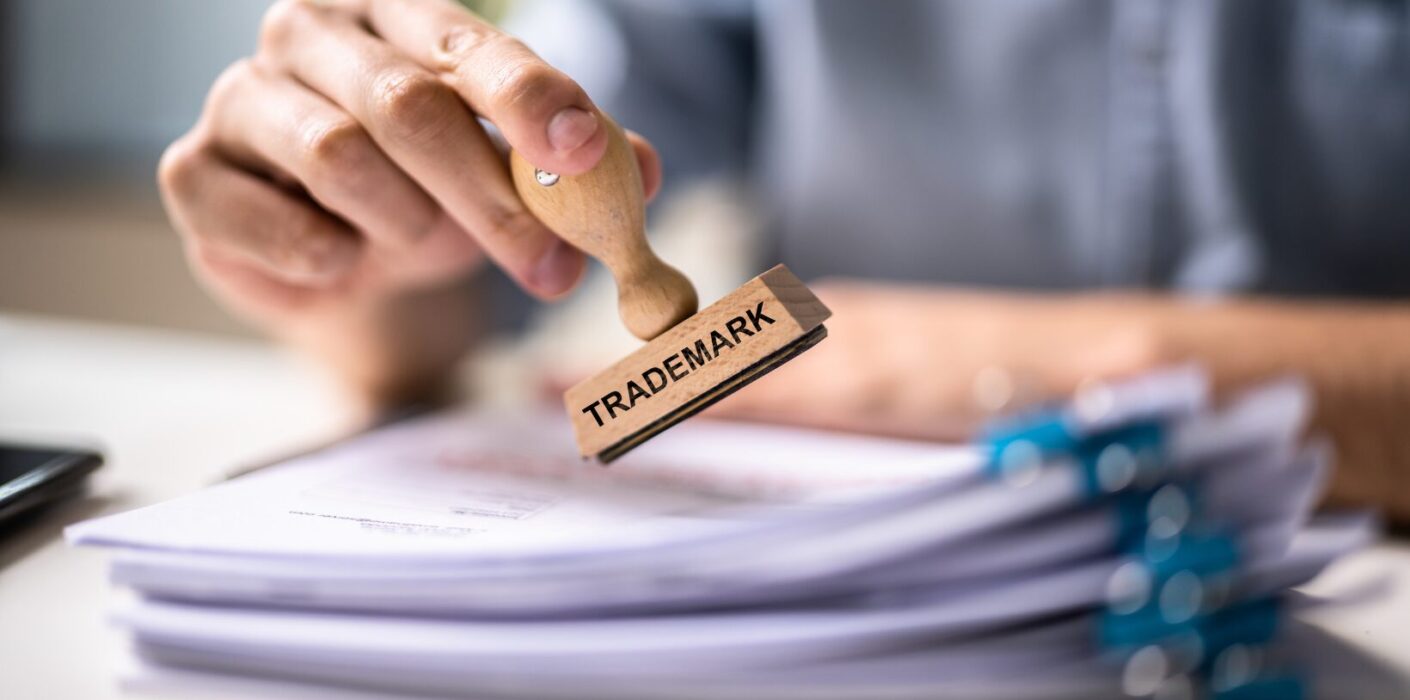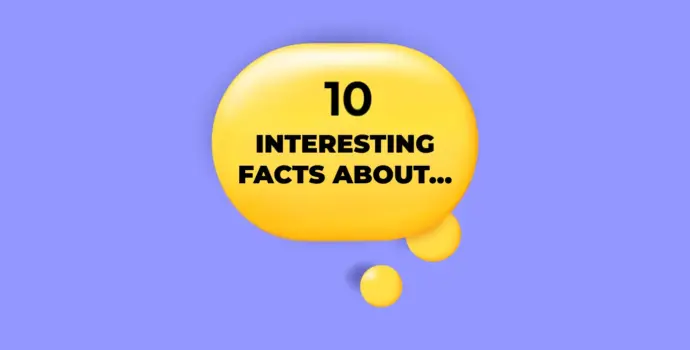Source: AndreyPopov, Getty Images
What does it mean to be a "creator", "owner", "applicant" or "representative" of a trademark? Do entrepreneurs and non-profit legal entities have the right to own trademarks?
The Creator of a trademark is its "designer" - he designs the logo, offers it on the market, and then (if he will not use it for his own purposes, as often happens), gives it to the relevant user or owner for business purposes, for a fee or free of charge. There is nothing wrong with a person coming up with the logo for his brand himself, but in order to use and register it, he should be aware of whether there are any the grounds for refusal of registrationThis involves extensive market research and administrative procedures. For this reason, designers often do not bother to protect the signs they propose – they can retain the copyright on them and arrange whether they will benefit from the use of the sign.
For example, in the second half of the last century, the famous Bulgarian graphic artist Stefan Kanchev, also called the "father of the Bulgarian logo", he designed the signs of dozens of logos that are still known today (including those of "BNT", the "Petrol" gas station, the "Sofia" Theater, etc.) and sold them to the relevant persons who would use them.
In this way, the logo reaches its "owner“ – the natural or legal person in whose commercial patrimony the trademark falls and it is his turn to benefit from the opportunities it provides – mention, recognition, sales revenue, licenses, distinctiveness, protection. At the EU level, nearly EUR 6.4 billion of the gross domestic product of all Member States is due to profits realized as a result of intellectual property rights (e.g. from franchise agreements, licenses, etc.).
Individuals often ask the question "can I be the owner of a trademark?" There is no obstacle to this, the question is for what purposes the trademark is used - if the individual is an entrepreneur or sole proprietor, he can use the trademark for his business in the same way that company trademarks are used.
Recently, more and more entrepreneurs (within the meaning of the Commercial Act, this is any individual, exercising a business activity, craft or liberal profession, insofar as his enterprise by its subject matter and scope does not require the conduct of business in a commercial manner - freelancers, self-employed persons) are oriented towards their brand being recognizable, even though they do not conduct their business in a commercial manner and have not registered commercial companies. Thus, the likelihood of individuals applying for and registering trademarks for their own purposes increases. The question remains open as to how the income will be managed subsequently, especially when the person begins to develop their business from a "non-commercial" to a "commercial" manner. There will be no obstacle to the trademark remaining in the possession of the individual, as long as its relationship with the potentially commercially organized company is clear.
The interesting question is whether, if the main purpose of the trademark is precisely commercial, the owner can be a non-profit legal entity (association, foundation), as long as it can carry out additional business activities only if they are related to the subject of the main activity for which it is registered, and using the income to achieve the goals specified in the statute or the founding act. There is no obstacle to the owner being an NGO, as long as the brand fulfills its non-property purposes - to serve for recognition, to distinguish the association/foundation. If the trademark begins to bring revenues and profits to the non-profit legal entity, then the legal requirement of Article 3, paragraph 3 of the Non-profit Legal Entity Act must be met, that these revenues should be allocated to and invested in the main purpose of the legal entity in question.
It often happens that the trademark owner is also applicant of its registration. The qualities of “applicant” and “owner” are actually the same, but it depends on what stage of registration the mark is in. If it is not yet registered, person X / company X will be its applicant – he/she will file an application for registration, and after the opposition period expires and the application is published, the mark will already be registered and the person can safely be called the “owner”.
Since matters of trademark application and ownership involve more unknowns than are acceptable to the average person, individuals who choose to register a trademark turn to representatives – lawyers, attorneys, industrial property representatives. Their role is to assist creators, holders/applicants and to facilitate registration and protection processes (e.g. in relation to opposition issues, requests for cancellation and other infringements). Their contact details are entered in the registers so that applicants/holders can be provided with a competent opinion in relation to the procedures on the above-mentioned issues.
If you need help in the field of intellectual property, our professionals are available. Contact us and schedule a consultation.





